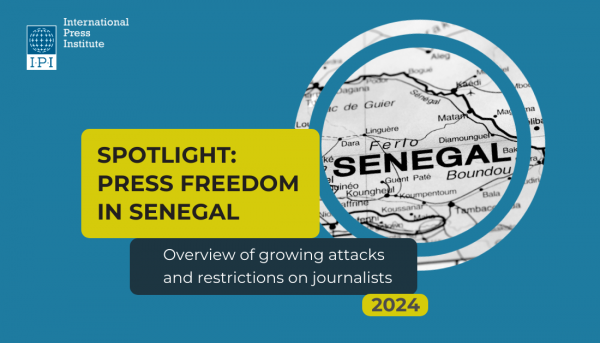Alison Bethel McKenzie, executive director of the International Press Institute (IPI), told the audience at IPI 2012 World Congress that the 62-year-old press freedom organization had decided to campaign against criminal defamation laws in the Caribbean because “it can happen in short order here.”
Speaking at the session on “Colonial Legacies – Criminal Defamation in the Caribbean”, McKenzie said that discussion on repeal ing the criminal defamation laws was already well underway in the Caribbean and “so we are adding our voices to this push”.
The session, chaired by Toby Mendel, executive director of the Centre for Law and Democracy in Canada, also heard from Kwame Boafa, UNESCO Kingston Cluster Office director; Wesley Gibbings, president of the Association of Caribbean Media Workers; and Shena Stubbs, senior legal advisor and company secretary of The Gleaner Group of Companies in Jamaica.
Stubbs reported that Jamaica was now looking at the wording of a bill that would repeal its criminal defamation laws. “I am cautiously optimistic that before the year is out…criminal libel will be no more in Jamaica,” she said. She noted that even though the law had rarely been used in recent times, it remained an impediment to freedom of expression and could still be used at any time against journalists and the common man. That threat should be removed, she said.
Gibbings agreed, saying that even though the chilling effect of these defamation laws in the Caribbean was relatively minor, it still existed as a factor affecting journalists and “the phenomenon of self-censorship is pervasive”.
UNESCO’s Boafo said that despite the continued existence of criminal defamation laws on the statute books of many Caribbean states—a legacy of colonialism, he noted– a recent study on freedom of expression in the Caribbean and Latin America indicated that most of the Caribbean countries “fall under the category of a free press.” To achieve the repeal of such laws “you have to be persistent, you have got to be consistent and you have to get the support of civil society groups” and of international organizations such as IPI that advocate for freedom of expression, he said.


